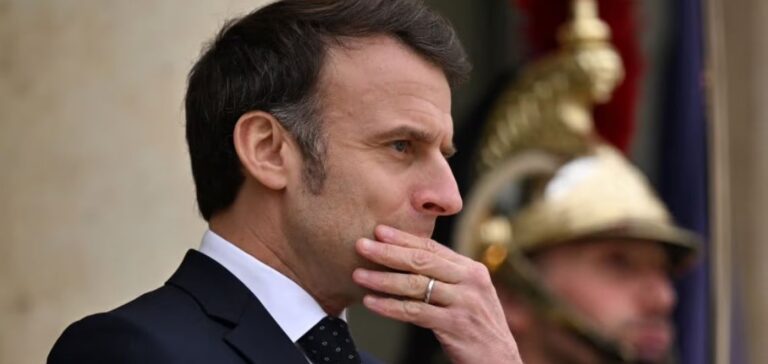France has been exploring opportunities to secure access to raw materials from Ukraine since the autumn of 2024, particularly to meet the needs of its defence industry. French Minister of Armed Forces, Sébastien Lecornu, confirmed these negotiations, which are taking place alongside similar talks between Washington and Kiev.
Strategic need for the defence industry
The discussions aim to ensure a long-term supply of essential resources for the production of French military equipment. “Our defence industry will need a number of key raw materials for our own weapons systems, not for the next year, but for the next thirty or forty years,” said Sébastien Lecornu during an interview with Franceinfo.
Ukraine, rich in mineral resources, has made the exploitation of its raw materials a central part of its economic and military resilience strategy. According to the minister, these talks are a direct result of a proposal made by Ukrainian President Volodymyr Zelensky in his “Victory Plan,” an initiative aimed at strengthening the country’s capacity in the ongoing conflict.
A distinct positioning from the United States
Unlike the United States, which links access to Ukrainian minerals to continued military aid, France is not conditioning its support on financial compensation. “We are not seeking reimbursement,” Sébastien Lecornu clarified, emphasizing an approach focused on diversifying supply sources rather than engaging in direct barter.
Although the specific types of raw materials have not been disclosed, their importance for French strategic industries suggests interest in resources such as titanium, rare earth elements, or lithium, all of which are heavily used in the production of weapons and defence technologies.
Ukrainian President Volodymyr Zelensky is expected to visit Washington to finalize a framework agreement with the U.S. on the exploitation of these resources. Meanwhile, discussions between Paris and Kiev are ongoing, though no official announcement has yet specified the details of any potential partnership.






















